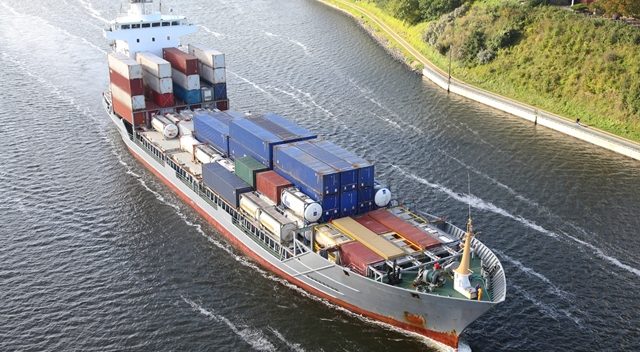The European Shippers’ Council was asked by representatives of national shippers’ councils, as well as by individual export companies, to organize an emergency meeting. This meeting took place last week and focused on the current situation in maritime sector: goods to be exported have been waiting for up to 8 weeks to be loaded on ships.
ESC states that the present capacity is insufficient to take all shipments. In addition, carriers provide no guarantee whatsoever that all goods of a shipment will be loaded. Frequently, some goods from a shipment remain in the port. At the same time, spot market freight-tariffs are increasing. These developments are forcing many traders to cancel their existing sales contracts and limit further sales. For ESC, this is a reason to worry about European exports and the negative consequences for the competitiveness of European economy.
To solve the problem, ESC finds crucial to get an answer to the following questions:
“Is the present situation a natural result of the market adjusting to capacity changes in the maritime sector, or is it an artificially
created scenario by certain shipping lines, to increase their profitability? How long will it last?”
For the moment, the ESC’ emergency meeting was unable to provide an instant answer. The first signals of a market disturbance were already perceived last November with an increase of blank sailings. No shipper has been invited to discuss the present market situation, or consulted in any way about the balance between shipments and capacity.
Following the ESC emergency meeting, the ESC Board of Directors decided to set up a temporary observer group composed of representatives of European exporters to monitor closely the situation. They will analyse the changes in capacity, the time of delays, and the fluctuation of rates. The data collected will be used to decide on possible next steps. ESC will be regularly informing press and competent authorities of intermediate and final results of this exercise. ESC will meet DG Competition in the early summertime to give them an informed view on the present crisis and discuss strategies to prevent this from happening again in the future.
Source: ESC





























































